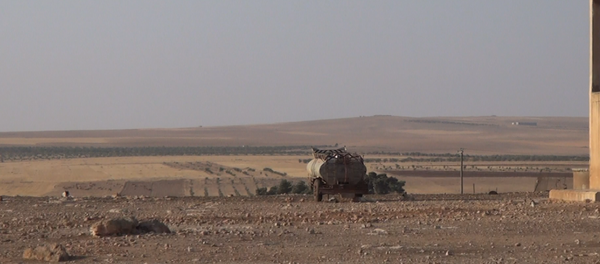“The Daesh structure is similar to one of mafia,” mentioned the Italian General Prosecutor, Franco Roberti.
Daesh in Syria and Iraq position themselves as a state, but outside of these territories, they use organized crime structures and methods.
Quite often they conduct criminal operations as a means to raise funds.
According to IsAG (Italian Institute of Advanced Studies in Geopolitics and Auxiliary Sciences) General Director Daniele Scalea, there are now different institutions, formal and informal, of multiple European intelligence agencies’ cooperation such as INTCEN, Europol, the Club de Berne counter terrorist group (CTG) and the EU counter-terrorism coordinator.
“Unfortunately, other countries do not support these institutions especially when it comes to the data banks information exchange. But existing regulations restrict the use of these data banks for combating terrorism,” said Scalea.
In the past years, European leftists, while protecting migrants’ rights to a private life, have blocked the use of the pan-European databases SIS II and Eurodac.
Intelligence agencies could only partly access the data although their constant systematic use would protect European countries from illegal migration.
“Even Italy transmits to the Eurodac data bank only one third of all migrants who illegally crossed the border, while these migrants do not even have their fingerprints taken,” maintained Scalea.
Terrorist networks have emerged across Europe where Italy plays the role of an “entrance gate” for the migrant flow. This has made Italy vulnerable to terrorists.
According to Angelio Alfano, Italian MVD Minister, a newly-introduced financial structure will resist jihadists as terrorists are sponsored though financial jihadist networks such as traditional hawala and modern bitcoin.




